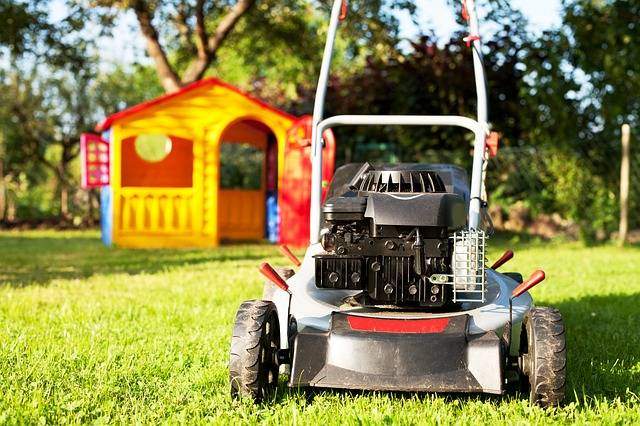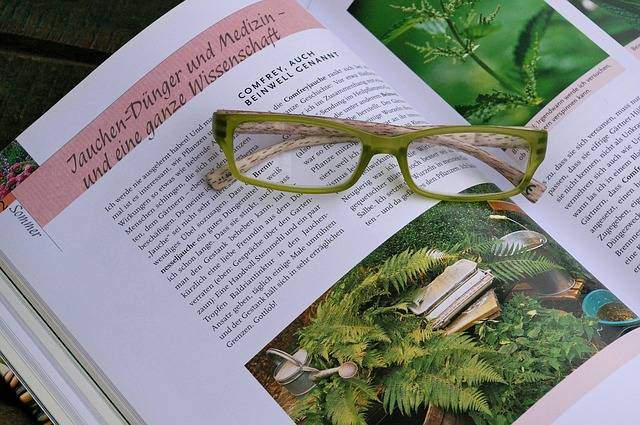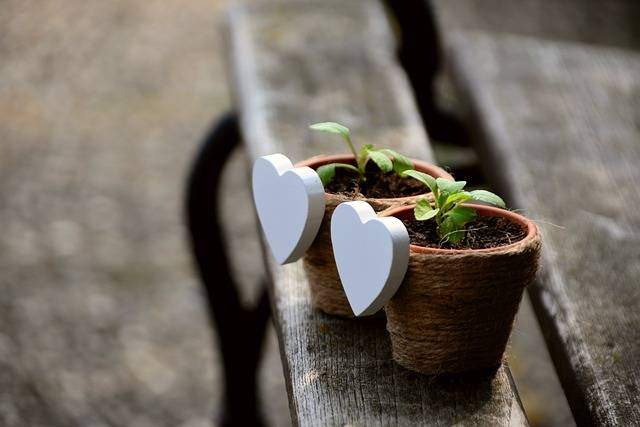
Keeping a well-maintained and beautiful garden is one most rewarding and enjoyable way to enhance your living space. From soil to flower beds, your garden area can be as pretty as it is practical. The immense diversity and colors of design combinations, flavors, fragrance, sounds from insects and birds attracted to the variety of textures and plants.
Gardening is a much-loved and interesting activity, but due to our busy lifestyle, we don’t all have that much time to beautify our outdoor spaces. It burns calories in the process as you are adopting physical activity while gardening. Some essential elements need to be taken care of, to grow a beautiful and healthy garden. You must maintain your outdoor area to keep it visually pleasing and neat. Your outdoor area is a thing of peace, beauty, and a job forever.
To get gardening smarter, we have suggested tips to help you in maintaining your garden healthy and beautiful.
1. The initial process of gardening
Let’s address the main problem first, and that has to do with initiation. If you’re in the starting process, you shouldn’t think about finding the perfect place. You should just start gardening. You can start a container garden that can be done anywhere.
Following this process, you have to ensure that the soil of your garden is fertile or not while preventing weeds. Most people worry about the waste time and small stuff on unnecessary details. And then they end up before they even start, and it becomes a counterintuitive method. This trick helps you to learn and start the grind with the actual process as you progress.
2. Time to time clear your garden
Once you start to do gardening in a spacious area, clean out the leaves in your garden area. To make the process easier, clear out every single sheet but try to clean lust enough and you do not have to go all crazy. A leaf-litter will help the wildlife to survive in the winter season as well as the pollinators. Pile of the thick leaves or remove any residue or any layer of leaves. It invites disease, mold, and degradation.
It will be better if you wait until the temperature reaches higher. If you have to add leaves to the pile, otherwise just cut down the thin layers of leaves and they will decompose and add nutrition and organic matter to the soil.
3. Study the plants before you buy them
This will help you in preventing and limiting the disease in your outdoor area. You should learn to determine which plants are healthy or what a healthy plant looks like- on catalogs, books, and magazines to learn the visual attributes of a healthy plant.
Check out the tops of the plants from time to time, as you are inspecting the quality of the roots. Do you know roots are healthy ones? They should be white, firm, and spaced crowded over the root-ball. You are probably looking at a bad sign if the roots are mushy and dark.
4. Keep an eye on bugs
The damage to plants that are done by insects is more than just cosmetic damage. Viruses and bacteria can quickly spread through insects. Bees and some other insects are good for your garden area, but not all insects are. You just need to separate the edible insects from the bad and reduce the harmful ones from causing trouble in your outdoor area.
Some of the beneficial insects are lacewings, ladybugs, parasitic wasps, assassin bugs, praying mantis, and ground beetles. And some harmful insects are aphids, tobacco horn worm, American oil beetle, and brown marmorated stink bug.
5.Usefully composted yard waste
In a compost pile, different materials decompose at different rates. This process protrudes a high temperature and it kills all pathogens that present in the material. You need to ensure the condition of your compost pile. Otherwise, do not use the yard waste.
6. Disease-resistant plant varieties
These disease-resistant or insect-resistant plants are becoming more accessible to gardeners. Disease-resistant plants have a greater immune system than conventional plants. They do get sick, but instead of being succumbed by it, they greatly fight-off the disease. Some flowers are disease-resistant, but unfortunately, they are not tagged or labeled for us to find them.
7. Use fertilizers
Using an excessive amount of fertilizers will reduce the root’s ability to absorb water and also burn the roots. The plants become more susceptible to stress from weather and environmental factors. You can do a soil test and this helps you to have accurate information regarding nutrient levels of your garden soil. Fertilizers help in improving the poor quality of soil and increase productivity also. It recycles nitrogen, improves soil textures and also introduces essential bacteria.
8. Choose the right plant
Choosing the right plant is also essential for your gardening zone. Different plants thrive in different soil and environment. The plant’s defense system is also somewhat similar to that of a human. They also can’t fight off the disease effectively under stress. Some plants thrive under the humid environment, while some others require more sunlight than others.
9. Properly water
Your plants need plenty of water to stay hydrated and keep their look adorable. Watering the plants of your garden is a great way to keep them beautiful and healthy, but some harmful bacteria also need water to thrive. So the method of watering the plants makes a big difference. Pick the right plan of watering that limits the moisture on the foliage of the plants, to avoid providing diseases and pathogens a positive environment.
10. Don’t overcrowd
Crowd plants allow the disease-causing bacteria and end up creating humidity to develop a positive environment to grow and spread. Too firmly planted plants also grow very poorly as they have to compete for water, light, and nutrients. Keep rearranging your plants whenever you see it is necessary.
Gardening is an active process that requires a person who can attend to matters properly from time to time. You need to give some time to your garden also just like you give to your family.



